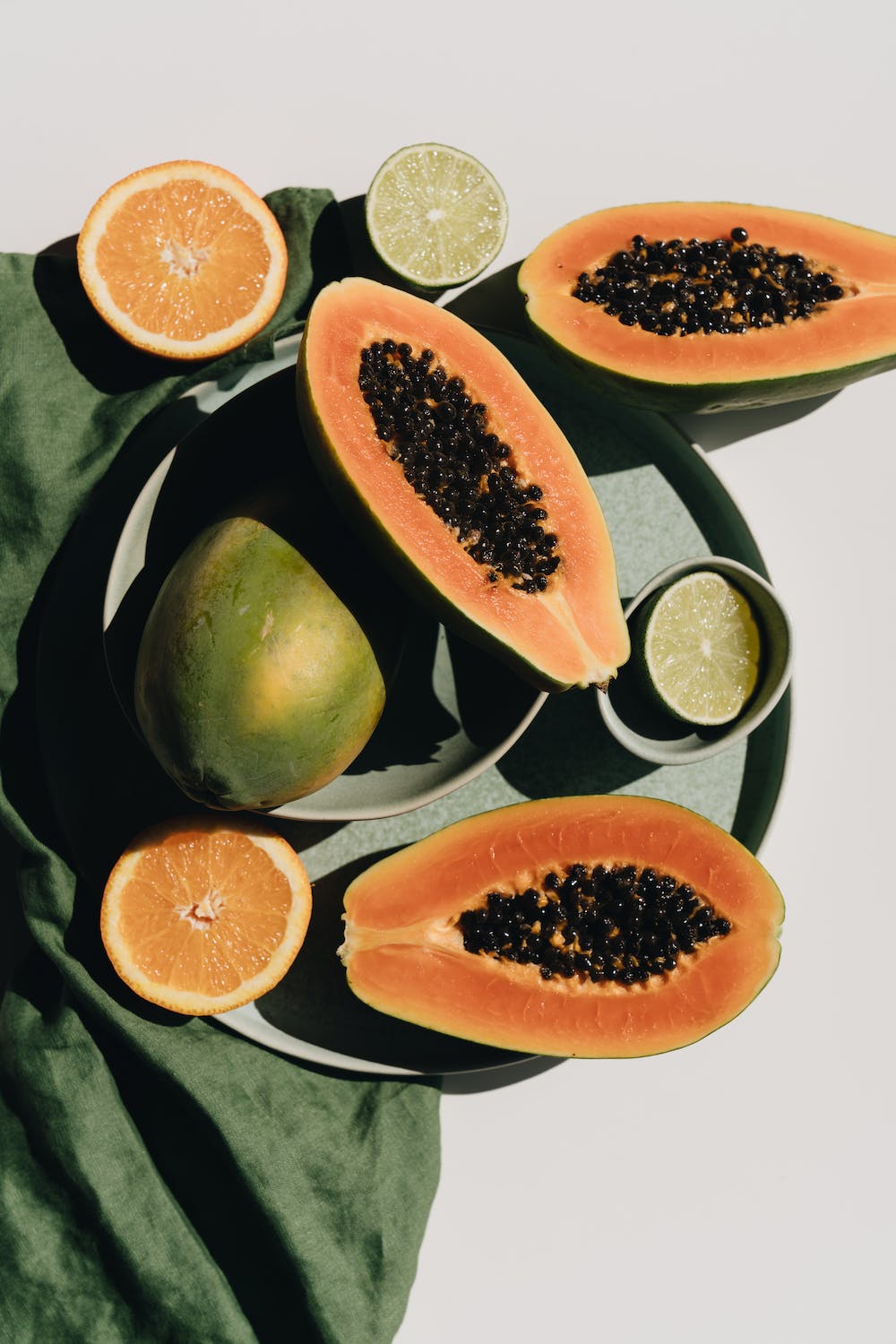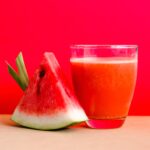Are you tired of feeling sluggish and unhealthy? Maybe it’s time to consider switching to a plant-based diet! Not only do plant-based foods provide all the necessary nutrients for optimal health, but they also offer numerous benefits that can help you live a longer, happier life. In this blog post, we’ll explore some of the top health benefits of eating a plant-based diet, from reducing your risk of chronic diseases to improving your digestion and boosting your energy levels. So grab a smoothie and let’s dive in!
Overview of Plant-Based Diets
A plant-based diet is one that emphasizes plants over animals. This can mean eating more vegetables, fruits, whole grains, and legumes, and fewer animal products.
There are many possible health benefits of eating a plant-based diet. For one, plant-based diets tend to be lower in calories and saturated fat than diets that include animal products. This can lead to weight loss or weight maintenance.
Plant-based diets are also generally high in fiber, which can promote regularity and help prevent conditions like heart disease and type II diabetes. Fiber is found only in plant foods, so it’s important to get enough if you’re avoiding animal products.
In addition, plant-based diets often contain more antioxidants than other diets. Antioxidants are substances that protect cells from damage, and they’ve been linked with a reduced risk of several chronic diseases.
If you’re considering making the switch to a plant-based diet, it’s important to do your research and make sure you’re getting all the nutrients your body needs. But for many people, a plant-based diet can be a healthy and delicious way to eat.
Benefits of a Plant-Based Diet
A plant-based diet has many health benefits. It can lower your risk of heart disease, stroke, and cancer. It can also help you lose weight and keep it off.
A plant-based diet is good for your heart. The fiber in plants can help lower your cholesterol and blood pressure. The antioxidants in fruits and vegetables can help prevent cell damage. A plant-based diet can also lower your risk of stroke.
It can help you lose weight and keep it off. Plants are low in calories and high in fiber. They can help you feel full longer. A plant-based diet is also linked to a lower risk of obesity and type 2 diabetes.
If you’re looking to improve your health, a plant-based diet is a great place to start.
What to Eat on a Plant-Based Diet?
The diet is one that focuses on plants for food. This can include vegetables, fruits, whole grains, legumes, nuts, and seeds. A plant-based diet can also be called a vegetarian or vegan diet.
There are many health benefits to eating a it. These include reducing your risk of heart disease, obesity, diabetes, and some types of cancer. Eating a plant-based diet can also help improve your cholesterol levels and blood pressure.
If you’re thinking about transitioning to a it, it’s important to do your research and plan ahead. Make sure you’re getting enough protein, iron, calcium, and other essential nutrients. You may also want to talk to a registered dietitian or nutritionist to help you make the switch.
Recipes
If you’re looking to improve your health, one of the best things you can do is switch to a plant-based diet. Studies have shown that they can lower your risk of heart disease, diabetes, and certain types of cancer. They can also help you lose weight and maintain a healthy weight.
If you’re not sure where to start, try some of these delicious recipes:
Black Bean Brownies: These brownies are rich and fudgy, and you’d never guess they’re good for you!
Quinoa Salad with roasted vegetables: This colorful salad is packed with nutrients and flavor.
Roasted cauliflower soup: This creamy soup is comfort food at its finest.
Sweet Potato Black Bean Enchiladas: These enchiladas are hearty and satisfying, and they’ll leave you feeling full for hours.
Alternatives to a Plant-Based Diet
It is not the only way to eat for good health. There are many other healthy diets that include animal products. The key is to choose healthy, unprocessed foods and to moderate your intake of animal products.
Healthy alternatives to it include the Mediterranean diet, which includes fish, olive oil, and moderate amounts of dairy; the flexitarian diet, which includes mostly plants with some meat and dairy; and the pescatarian diet, which includes fish and other seafood but no other animals.
Whichever healthy diet you choose, make sure it includes plenty of fruits, vegetables, whole grains, and healthy fats. And limit your intake of processed foods, sugary drinks, and red meat.
Conclusion
Eating it is one of the healthiest dietary choices one can make. It has numerous benefits, such as reducing your risk of chronic diseases and increasing your intake of essential vitamins and minerals. Additionally, it is an environmentally friendly choice that helps reduce carbon emissions and conserve water resources. For those looking to improve their overall health, a plant-based diet may be the ideal option.










